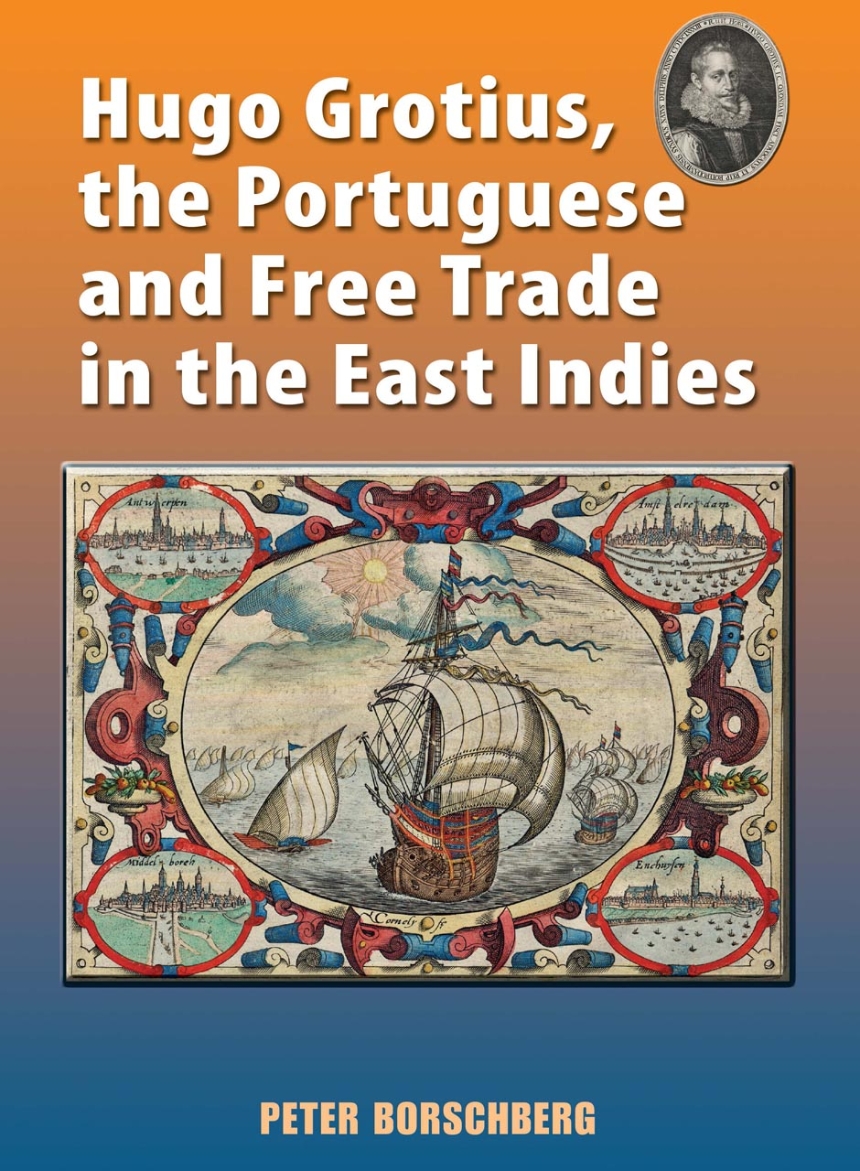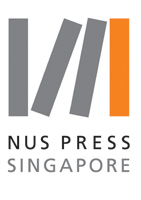National University of Singapore Press
Hugo Grotius, the Portuguese, and Free Trade in the East Indies
9789971694678
Distributed for National University of Singapore Press
Hugo Grotius, the Portuguese, and Free Trade in the East Indies
In 1603, Dutch Admiral Jakob van Heemskerk plundered a Portuguese merchantman, the Santa Catarina, travelling from Macao to Melaka. The sale of the cargo at a public auction made traders across Northern Europe aware of the riches to be reaped from Asian trade. However, the episode raised legal questions and the United Dutch East India Company (VOC) commissioned the young Hugo Grotius to defend Heemskerk’s actions. Grotius produced two classic legal texts, The Law of Price and Booty and its spin-off, The Free Sea, among the greatest works in the history of international legal and political thought. His observations dealt with free trade in the East Indies, the Dutch Republic’s military conflict with the Portuguese and Spanish in Asia, and the legal and moral grounds for attacking and plundering Portuguese and Spanish mercantile shipping. This book considers the background to the treaties then content and significances, and what Grotius actually knew about Southeast Asian politics and Portuguese institutions of trade and diplomacy when he wrote them. Grotius’ work on the freedom of the sea was a cornerstone in his enduring reputation as one of the founders of modern international law. The present book provides a valuable resource for historians of Southeast Asia and for students of international relations, political theory, maritime history and public law.
512 pages | 6 x 9 | © 2011
Asian Studies: Southeast Asia and Australia
History: European History
Law and Legal Studies: International Law
Political Science: Diplomacy, Foreign Policy, and International Relations
Table of Contents
List of Illustration
List of Abbreviations
Preface
Acknowledgements
General Introduction
Document Appendices
List of Abbreviations
Preface
Acknowledgements
General Introduction
- Hugo Grotius, the “Oracle of Delft”: the Man, VOC Lobbyist, Politician and Diplomat
- Grothius, Johor and Trade in the East Indies
- “Free Trade” and Unimpeded Access to Emporia in the East Indies: Rereading Mare Liberum (1609)
- How Grotius Acquired a Working Knowledge of the East Indies
Document Appendices

